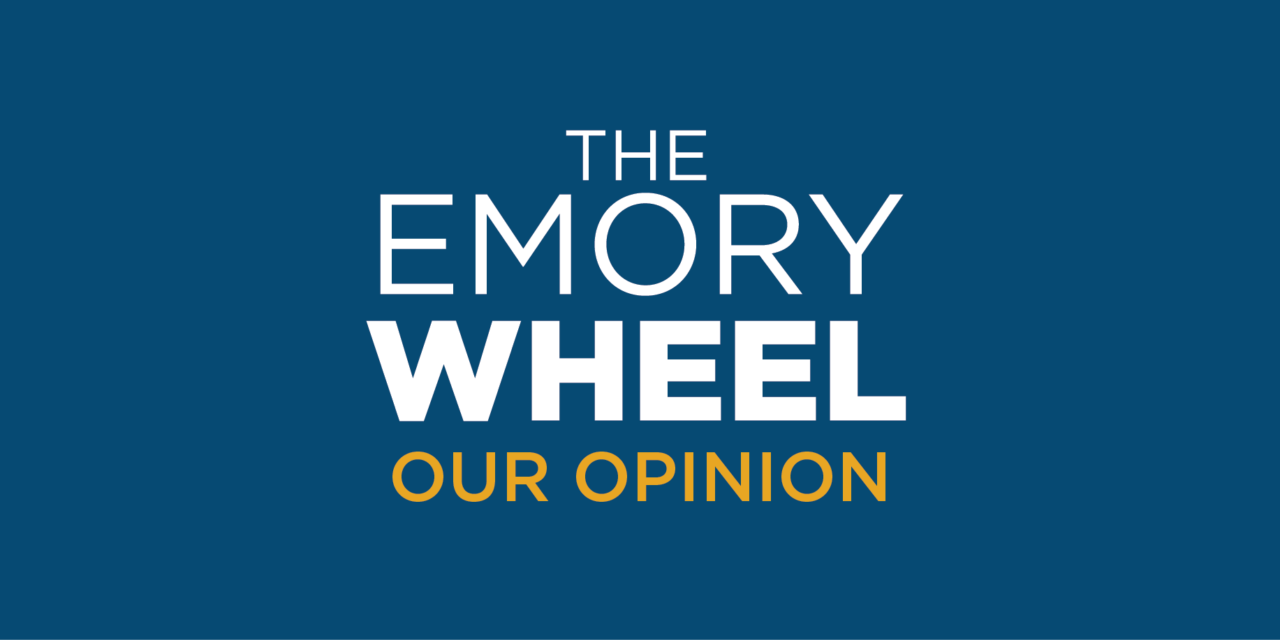
This fall, Emory’s Institute for Quantitative Theory and Methods (QTM) officially announced the College’s new Quantitative Sciences (QSS) major.
According to the Institute’s website, the major will combine an approach “that is quantitatively rigorous, but with a clear applied component.” Additionally, the major will include classes that are Curriculum Committee-approved, such as informatics, biology, behavioral biology, neuroscience and majors that fall under the social sciences umbrella. Whatever concentration the student chooses will function as an additional major coupled with QSS.
Through this coupling, the QSS major takes an interdisciplinary approach, focusing elective classes within other departments, including those in the social sciences, natural sciences and humanities. Some specifically named departments that QSS majors can concentrate in include International Studies, Women’s, Gender and Sexuality Studies, Psychology, Anthropology and Neuroscience and Behavioral Biology. We at The Emory Wheel find the addition of this new major to be a creative and distinct addition to the College.
The ability to gather massive amounts of information is an unprecedented turn in human development, and with it comes the need to sift through and interpret information. This turn towards ‘Big Data’ has implications across many fields. As businesses are leveraging huge amounts of information to maximize profit, so, too, do academics, non-profit foundations and governmental organizations take advantage of the research capable with such enormous data sets. The ability to effectively work with these kinds of data sets becomes an increasingly valuable skill.
In developing this program, Emory is developing a niche within quantitative science. The only prerequisite for the degree program is Calculus I, creating an accessible major that will not intimidate interested students. Because QSS is interdisciplinary in its approach, the degree will likely attract students who are interested in diverse fields but also want to concentrate their studies in data-heavy analysis. QSS offers opportunities for students to relate their academic pursuits to the digital world and creates a significant theoretical and practical advantage for Emory students engaging with the world. Many of us have access to enormous technological resources, but rarely do we learn how to engage with them beyond a superficial level. Most of us use social media websites, but learning the skills and ideas from QSS can teach us how to identify and map trends within a vast variety of fields.
QSS falls in line with Emory’s work to develop unique, substantive and forward-thinking research resources.
One such example includes the Emory Center for Digital Scholarship (ECDS), housed on the third floor of the Robert W. Woodruff Library, which, according to the ECDS website, “provides consultation and support for digital teaching, research, publishing and preservation.” Besides assisting members of the Emory community in their own projects, ECDS also pursues it own research projects and exhibitions, such as the “Battle of Atlanta” tour, a smartphone-based exploration around Atlanta that details the history of the Civil War’s famous Battle of Atlanta. These, along with the rich resources of the Manuscripts, Archives and Rare Books Library (MARBL) and Emory’s generally vast library resources show that Emory has worked to develop itself as a distinct presence among research-oriented universities. With its interdisciplinary approach, the QSS major can be used to support and expand these resources through its analytic and statistics-based education.
The QSS major offers students a valuable opportunity, and we hope it grows to include concentrations in even more departments and programs, especially in the humanities, where big data can enrich existing areas of study and discover new horizons of research across academia. We are enthused to see a program like this develop at Emory and encourage further innovations in the educational opportunities offered to students. The advances of digital technology offer fruitful opportunities to create entirely new frameworks for conducting research in the modern world. The QSS major is just one step in furthering Emory’s viability and strength as a top-tier research university.
The above staff editorial represents the majority opinion of the Wheel‘s editorial board.
The Emory Wheel was founded in 1919 and is currently the only independent, student-run newspaper of Emory University. The Wheel publishes weekly on Wednesdays during the academic year, except during University holidays and scheduled publication intermissions.
The Wheel is financially and editorially independent from the University. All of its content is generated by the Wheel’s more than 100 student staff members and contributing writers, and its printing costs are covered by profits from self-generated advertising sales.



